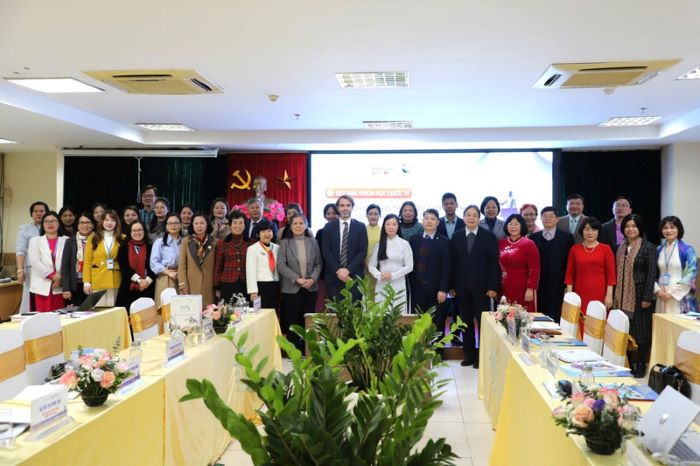Provinces get serious about gender equality
Many provinces lacked resources to do so, according to Nguyen Tan Sinh of southernmost Ca Mau Province's Department of Labour, Invalids and Social Affairs, who spoke at a two-day meeting.
More than 100 delegates from departments in southern provinces attended the meeting. Similar meetings were also held in the central and northern provinces.
Only some areas, including
The main task of such staff is to improve residents' awareness about gender equality and related laws.
Many of the delegates at the meeting complained about the poor enforcement of the gender equality law, which took effect in 2006.
Few violators have been fined or penalised since then.
Objectives
The national strategy on gender equality for the period of 2011-20 establishes implementation targets, but some are unrealistic, delegates said.
They cited the goal of having 50 per cent of women earn a masters' degree, and 25 per cent have a doctoral degree.
The target of having 35 per cent of women as leaders in State offices would also be difficult to reach, they said.
Nguyen Van Anh, chairwoman of the Centre for Studies and Applied Sciences in Gender, Family and Adolescents, said gender equality was a critical component of the country's hunger elimination and poverty reduction programme.
The national strategy includes seven objectives, which include increasing women's participation in management and leading positions in order to reduce gender distance in politics.
Achieving these goals would also assist ethnic minority women and the poor in the labour market.
To carry out the objectives, Anh said the public should be educated about gender equality and new laws should be written.
Many projects to help implement the strategy would be carried out, she added.






